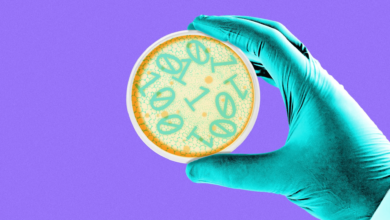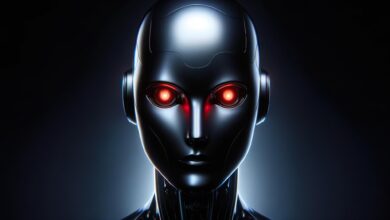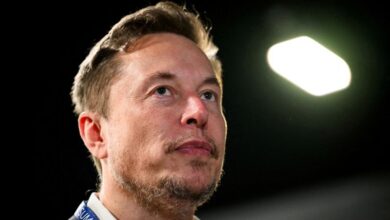Is artificial intelligence a threat or a tool?
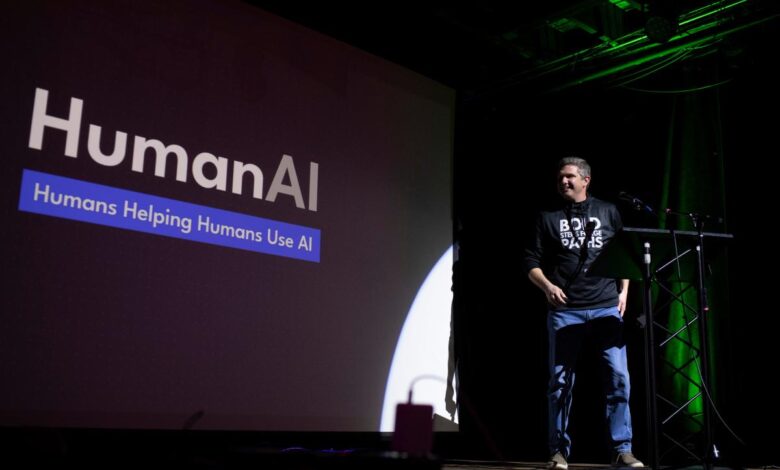
Elon Musk recently said that artificial intelligence will probably take all of our jobs, prompting observers to debate whether that is a good or bad thing.
Comparing the 19th-century workday to today, I wonder if a middle-class worker from 150 years ago might argue that technology has already done it.
While long days of hard physical labor haven’t entirely vanished, they have for most Americans. Back in 1850, the most predominant middle-class profession was farming, where the average American worked six days a week, for a total of 69 hours. Today, the average American work week has fallen by half, to 34.3 hours, and the percentage of Americans working on farms has dropped to a scant 1.2%.
My great-grandfather would probably call my job a life of leisure.
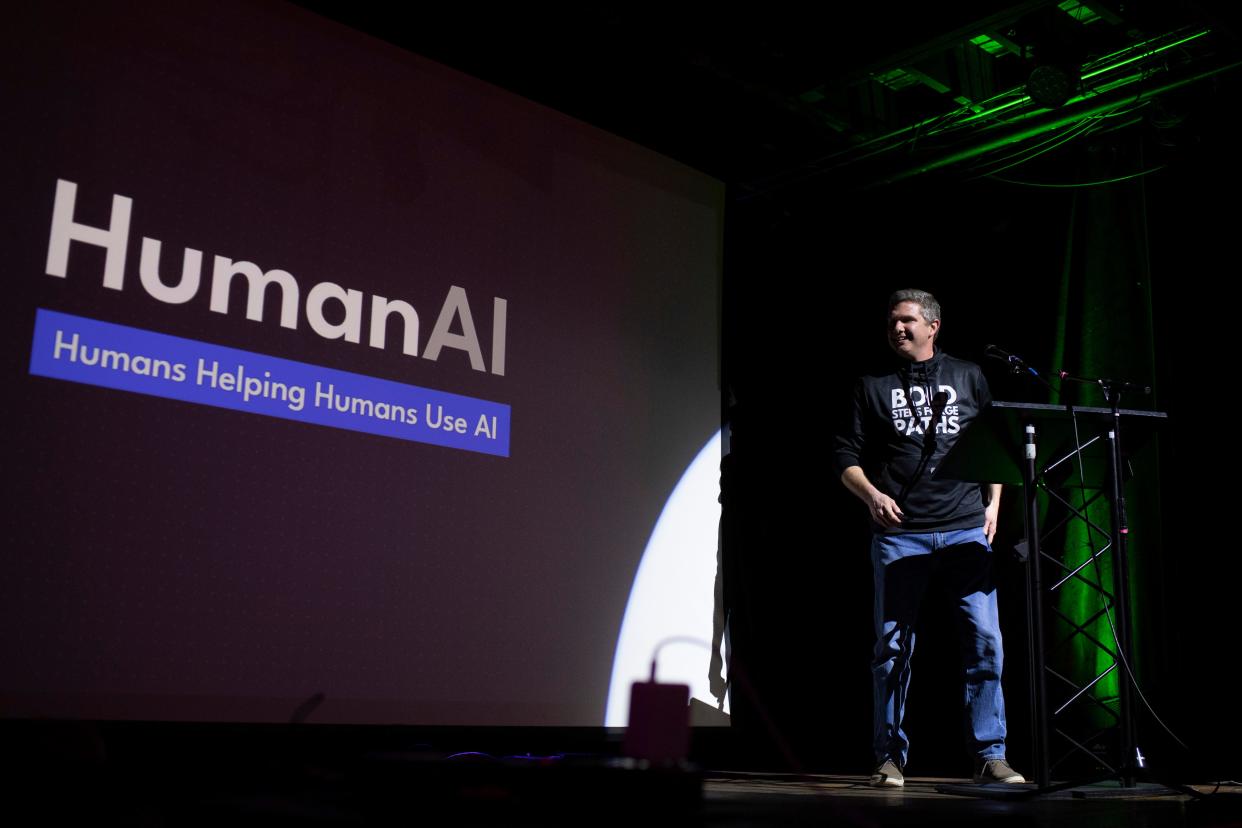
I chuckle at most business references to artificial intelligence. A few years ago, companies gratuitously incorporated the word “blockchain” into every press release and investor presentation. A quarter-century ago, businesses rushed to add “dot.com” to the end of their corporate moniker, no matter how silly the implication or result. The term “artificial intelligence” has already become an almost similarly meaningless buzz phrase that companies toss around like cheap Halloween candy. The Securities and Exchange Commission recently fined two investment advisory firms $400,000 for falsely claiming they used artificial intelligence to make investment decisions. I expect plenty more of those.
But I also expect continued advancements in artificial general intelligence to improve both the quality and speed of decision-making across various fields. Yes, it will render some job categories obsolete. But it will almost certainly provide a net benefit to society, just as most technological advancements.
If the changes resulting from improved artificial intelligence are incremental, both the economy and society will adapt. The individual losses at the microeconomic will be more than offset by macroeconomic gains. That’s what happened as we adapted to the printing press, steam engine, farm tractor and high-speed internet.
If, instead, improving artificial intelligence proves to be a disruptive innovation, faster adaptation is likely to result in more individual jobs lost, but almost certainly with even more rapid overall macro benefits. But even rapidly adopted disruptive technologies don’t necessarily result in negative immediate outcomes. The smartphone is perhaps the most radical disruptive, widely adopted technology in human history, yet society doesn’t seem to be worse off as a result of all those unemployed pay phone repairmen or Yellow Pages ad salespeople.
All of this assumes, of course, that artificial intelligence doesn’t decide to kill us all, in which case it won’t really matter if we have jobs, or we all enjoy lives of decadent leisure.
David Moon, president of Moon Capital Management, may be reached at david@mooncap.com.
This article originally appeared on Knoxville News Sentinel: David Moon: Is artificial intelligence a threat or a tool?
